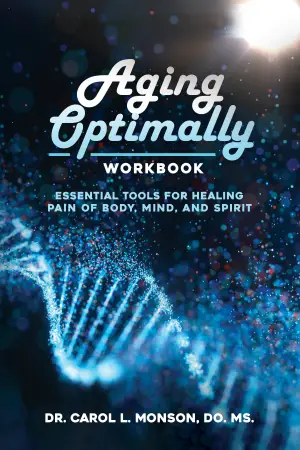Woke Racism: How a New Religion Has Betrayed Black America – A Thought-Provoking Journey
John McWhorter’s Woke Racism caught my attention for several reasons, but primarily because it dares to challenge the prevailing narratives around race and identity in America. For someone like me, who values deep understanding and thought-provoking discourse, the book promised a bold analysis of a subject that is often cloaked in dogma and emotion. McWhorter, a professor and seasoned linguist, presents an argument that is both timely and contentious, boldly taking on what he describes as “Electism”—the new religion of woke ideology.
At its core, the book serves as a critical examination of a brand of wokeness that distills complex human experiences into binary roles of oppressor and victim. McWhorter likens this framework to a religion, complete with its high priests (think Robin DiAngelo and Ibram Kendi) and its own form of dogmatic enforcement. This perspective opens a Pandora’s box of questions—not just about race, but about self-identity, personal agency, and the very fabric of discourse in modern society. McWhorter argues that this rigid ideology not only misrepresents the reality of Black experiences but actively harms the very people it professes to support.
From the get-go, McWhorter’s writing is engaging and accessible. His conversational tone makes often dense and challenging concepts feel digestible, even as I found myself pausing to reread certain passages for deeper understanding. Whether you agree with him or not, McWhorter’s intelligence is palpable, and his arguments are articulated with a clarity that demands thoughtful consideration. I appreciated his knack for highlighting uncomfortable truths, particularly the way he points out that many Black voices are marginalized if they stray from a prescribed narrative. This struck a chord with me, as it raised important questions about the freedom to express diverse experiences and perspectives.
There were several quotes that resonated with me, such as McWhorter’s assertion that the current paradigm infantilizes Black Americans by suggesting they cannot thrive outside the framework of racial struggle. This idea is not just provocative; it feels like a necessary wake-up call. In highlighting how systemic solutions sometimes substitute for genuine progress, McWhorter invites us to confront our biases and assumptions.
As I turned the pages, I couldn’t help but reflect on how this book challenges us to resist a monolithic view of race and identity. It implores readers not to surrender to a narrative that dismisses personal agency—an important reminder for anyone striving to navigate complex social landscapes.
In conclusion, Woke Racism is a thought-provoking read that will appeal to those willing to engage in a nuanced debate about race and anti-racism. McWhorter’s insights might not resonate with everyone, but for anyone seeking to delve deeper into contemporary discourses on race, this book is a compelling addition. My experience with it was enlightening, as it pushed me to think critically and reflect on my own beliefs and assumptions. Ultimately, this book is a call to explore the intricacies of race beyond the confines of ideology, making it a must-read for anyone invested in a more nuanced understanding of America’s social fabric.
Discover more about Woke Racism: How a New Religion Has Betrayed Black Amer… on GoodReads >>






